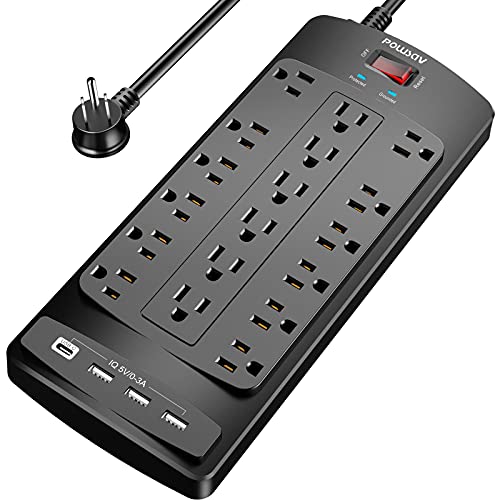The 250kohms is the insulation resistance. i.e. the quality of the insulation between the electrically live parts and earth. Earth being the exposed metalwork in your house, the boiler case, the sink, etc
The flaw in what the gas man has done is (we think) not separating the boiler from the incoming supply. Removing the fuse and switching off the spur isolates the live feed, but almost certainly not the neutral.
Hence his measurement will show any live or neutral to earth path in your house. There are often legitimate reasons for a low reading under theses circumstances, surge suppressed plugs or extension leads most common.
Provided you have RCD protection, ( a house your age must have) I would not worry, but I may try to find a better gas technician next time.
The flaw in what the gas man has done is (we think) not separating the boiler from the incoming supply. Removing the fuse and switching off the spur isolates the live feed, but almost certainly not the neutral.
Hence his measurement will show any live or neutral to earth path in your house. There are often legitimate reasons for a low reading under theses circumstances, surge suppressed plugs or extension leads most common.
Provided you have RCD protection, ( a house your age must have) I would not worry, but I may try to find a better gas technician next time.














